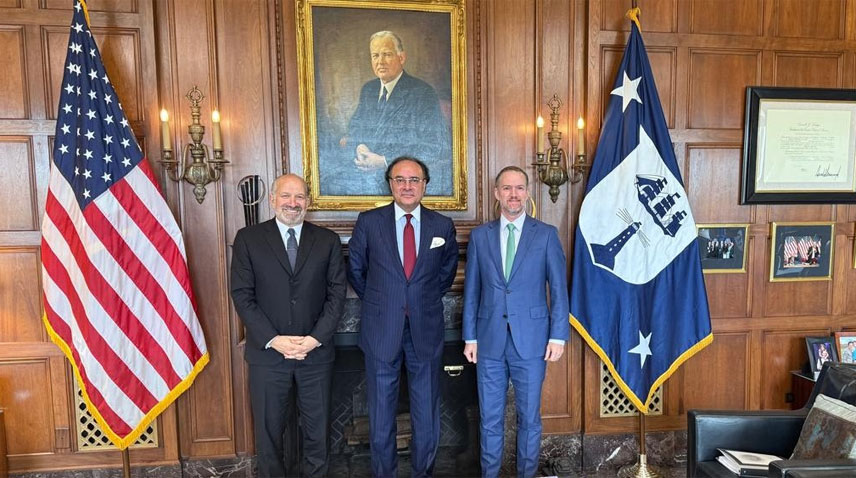Islamabad, June 23, 2025 — Finance Minister Muhammad Aurangzeb described the FY 2025–26 budget as a “balanced” roadmap designed to ease public burden, stimulate industrial activity, tighten tax enforcement, and drive export‑led growth.
He highlighted new concessions for middle-income earners: individuals with annual income between Rs 600,000 and Rs 1.2 million will now pay only 1% income tax—down from the initially proposed 2.5% Retirees have also been spared: no tax on pension commutation or gratuity for those earning below Rs 10 million, and full exemption for those over 75.
The proposed 18% sales tax on imported solar panel components has been reduced to 10%, and will apply to less than half of such imports—raising panel prices by around 4.6%. Aurangzeb condemned opportunistic hoarding of solar equipment and pledged legal action against offenders.
On enforcement, the budget imposes stricter limits on FBR powers: arrests over withholding taxes now require a court warrant, three written notices, committee approval, and presentation before a special judge within 24 hours.
He also announced key tariff reforms—eliminating additional customs duties on thousands of imports—and underscored the plan’s aim to support exporters while relieving the common consumer .
Aurangzeb stressed that the budget includes a 7% increase in the Benazir Income Support Programme (BISP) allocation, expanding coverage to over 10 million low-income households.
The minister framed the budget’s fiscal stance under an IMF programme, asserting a targeted 4.2% GDP growth, a reduced fiscal deficit of 3.9%, and controlled federal expenditure—rising only 1.9%—as indicators of a disciplined economic strategy.

FY26Budget #Aurangzeb #PakistanEconomy #TaxRelief #SolarTax #IndustrialGrowth #Budget2025 #BISPExpansion #TariffReform
















